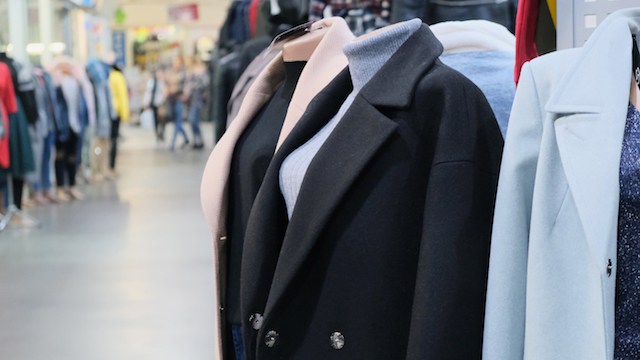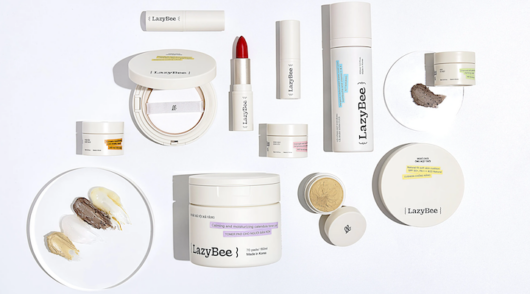Garment brands linked to factories in China must take extra precautions to ensure their products are not being made by means of forced labour of Uyghurs and other ethnic minorities, says GlobalData.
As the largest global exporter of apparel – no country matches its supply base, range of skills, quality levels, product variety and the completeness of its supply chain – China is a no-brainer for global brands sourcing clothing thanks to its efficiency and speed to market. But in recent years reports have emerged of the mistreatment of Muslim minorities in Xinjiang, the region that produces more than 80 per cent of China’s cotton.
Claims continue to surface of Uighurs being transferred out of Xinjiang to work in factories across China, with some being sent directly from detention camps.
Hannah Abdulla, apparel correspondent at GlobalData, says the problem faced by garment brands is that they have really complex, interwoven supply chains.
“A pair of jeans might be manufactured by the one factory the brand directly deals with, but the reality is that this factory will work with several others producing different components for the same pair of jeans, including zips, buttons, thread, and perhaps even the cotton that went into producing the denim. One or more of those factories may be engaged in forced labor, so getting to the bottom of forced labor claims isn’t always the easiest of tasks,” says Abdulla.
“It is important that brands take the appropriate steps to safeguard the workers in their supply chains and ultimately, their reputations. Companies should, in the immediate term, carry out thorough human rights due diligence checks on all their supplier factories in China, which should include independent social audits and inspections, delve deeper into who supplies those factories with their raw materials.
“Factories should also address improper labor practices where found and take steps to remediate these. If that is not possible, brands should stop trading with the factory. Also, in the interest of transparency and being seen as a responsible brand, any findings should be made public,” she concludes.






